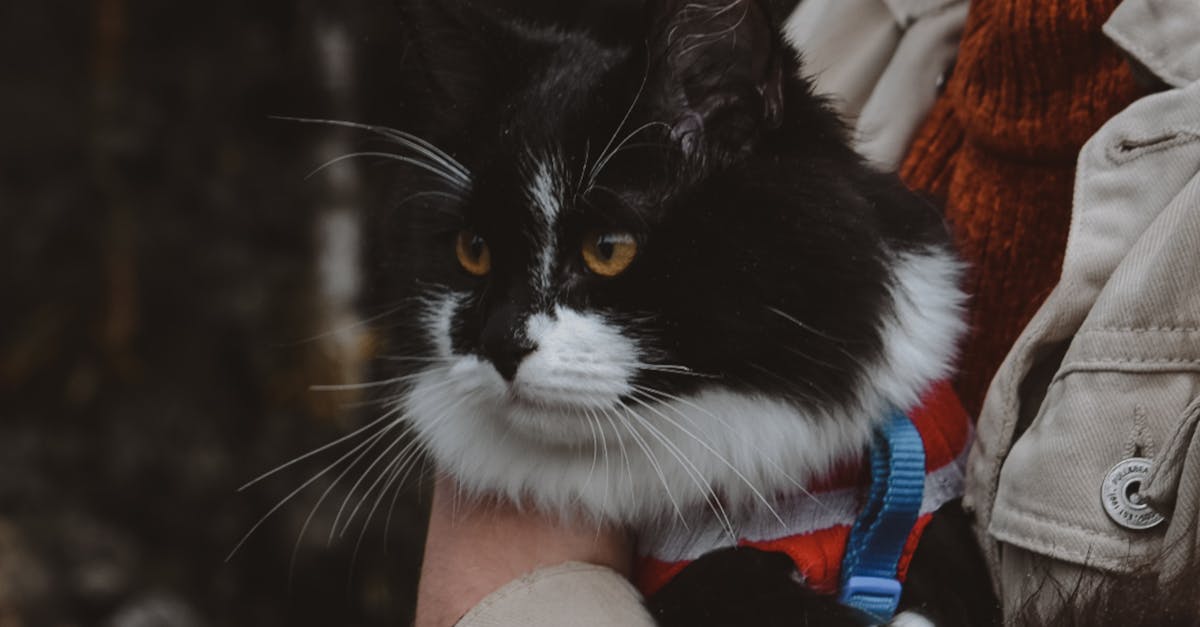Grieving the loss of a beloved cat is an incredibly personal and emotional experience. Cats are more than just pets—they’re family members, companions, and a source of unconditional love. When they pass, it can leave a profound void in your life. Understanding how to process this grief and finding healthy ways to cope can help you honor your cat's memory while navigating this difficult time.
🌈 Why the Loss of a Cat Feels So Deep
The bond between humans and cats runs deep. Cats are known for their unique personalities, quirky behaviors, and ability to comfort us during challenging moments. Their presence can provide emotional stability and joy. When a cat passes away, it’s not just the loss of an animal—it’s the loss of a companion who shared your life.
According to a study published in the journal *Animals*, the grief pet owners experience after losing a pet can mirror the grief felt after losing a human loved one (source). This is why it’s important to allow yourself to feel and process these emotions rather than suppressing them.
💔 Common Signs of Grief After Losing a Cat
Everyone grieves differently, but there are some common emotional and physical signs of grief you might experience after losing your cat:
- Feelings of sadness, guilt, or anger
- Difficulty sleeping or changes in appetite
- Fatigue or lack of energy
- Loneliness, especially during times when your cat was part of your routine
- Longing to hear their purr or see their favorite spot at home
These feelings are a normal part of the grieving process. However, if they persist for an extended period or interfere with your daily life, it may be helpful to seek support from a professional therapist or counselor.
🌟 Tips to Cope with the Loss of Your Cat
Coping with the loss of your cat takes time, but there are several strategies you can use to help yourself heal. Here are some tips to guide you through the grieving process:
Create a Memorial for Your Cat
Honoring your cat’s memory can help you find closure and celebrate the joy they brought into your life. Consider these ideas:
- Create a scrapbook or photo album of your favorite moments
- Plant a tree or flowers in their honor
- Display their collar, paw print, or a favorite toy in a special place
- Write a letter to your cat expressing your love and gratitude
Memorializing your cat in a meaningful way can provide comfort and keep their memory alive.
Lean on Your Support System
Talking about your loss with friends, family, or other pet owners who understand the bond between humans and animals can be incredibly healing. Consider joining an online or in-person pet loss support group where you can share your feelings with others who have experienced similar losses.
If your friends or family don’t fully understand your grief, remind them how important your cat was to you. Sometimes, simply expressing your emotions can help you feel more supported.
Allow Yourself to Grieve
Grieving is a process, and there’s no right or wrong way to experience it. Some days might feel easier than others, but it’s important to give yourself permission to feel sad, cry, and process your emotions. Suppressing grief can make it harder to heal in the long run.
If you find it difficult to move forward, remember that grief often comes in waves. Over time, the intensity of these waves will lessen, and you’ll be able to reflect on your cat’s life with more joy than pain.
Consider Professional Help
If your grief feels overwhelming or persistent, a licensed therapist or counselor specializing in pet loss can provide guidance and tools to help you navigate this challenging time. According to the American Veterinary Medical Association (AVMA), seeking professional help is an effective way to process complicated grief (source).
🐾 Should You Get Another Cat?
Deciding whether to bring a new cat into your home is deeply personal. Some people find comfort in adopting another cat soon after their loss, while others prefer to wait until they feel ready. Here are some factors to consider:
- Are you emotionally ready to care for another cat?
- Do you have the time and resources to meet a new cat’s needs?
- Would adopting a new cat help you heal, or would it feel too soon?
When the time feels right, adopting a new cat can bring joy and companionship back into your life. Remember, your new cat won’t replace the one you lost, but they can create a new bond and help you move forward.
FAQs
Q: How long does it take to grieve the loss of a cat?
A: Grieving is different for everyone, and there’s no set timeline. Some people may feel ready to move forward in a few weeks, while others may take months or longer. Be patient with yourself and allow the process to unfold naturally.
Q: Is it normal to feel guilty after my cat’s death?
A: Yes, many pet owners feel guilt, especially if their cat’s death involved difficult decisions like euthanasia. Remember that you made the best choices you could with the information you had at the time. Try to focus on the love and care you provided throughout their life.
Q: How can I help my other pets cope with the loss?
A: Other pets in the household may also grieve the loss of their feline companion. Keep their routines consistent, provide extra affection, and monitor them for signs of stress, such as changes in eating or behavior. If needed, consult your vet for advice.
Q: Should I keep my cat’s belongings?
A: Whether or not to keep your cat’s belongings is a personal choice. Some people find comfort in holding onto items like collars or toys, while others may feel better donating them. Do what feels right for you.
References
Book a $49 online vet consultation at https://www.dialavet.com for fast, expert advice.























